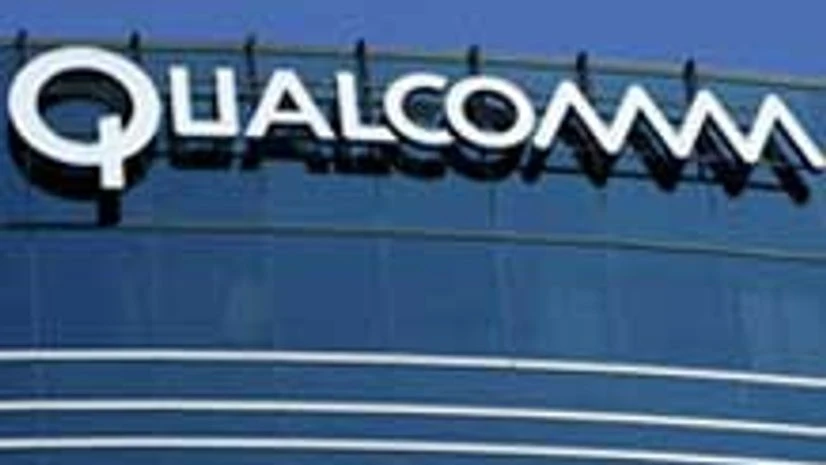Qualcomm had one of the best playbooks in tech, but it looks like the game is changing.
The semiconductor designer and maker helped develop much of the technology used in mobile communications, particularly in smartphones. With a market capitalization of $100 billion, over the last 15 years it became the world's third-largest chip company in terms of revenue.
Little of that was on display Wednesday, when Qualcomm reported lower earnings, and, under pressure from Wall Street, announced it would cut about 15 per cent of its staff, or somewhere between 4,500 and 5,000 people.
Also Read
Spending will be reduced by $1.4 billion, the company said, including $300 million in shares that Qualcomm has been giving to its top executives and employees. Three new board members, approved by Jana Partners, a Wall Street investment firm that had been pressing for changes, will be put on Qualcomm's 15-member board.
Qualcomm is also considering splitting into two companies, one focused on making research advances and selling intellectual property, and one that makes chips, a move Jana wanted that the company has long resisted.
"We look at this as a key pivot point for Qualcomm," Steve Mollenkopf, Qualcomm's chief executive, said in an interview. "We need to adjust our cost structure." The company is in a strong position, he said, not just in phones but also in emerging areas like Internet-connected cars and devices.
"All of the interesting things that are happening on the Internet are happening from the mobile internet," he said.
Qualcomm said its third financial quarter's net income was $1.2 billion, down 47 per cent from a year earlier. Net income was 73 cents a share, down from $1.31 a share. Revenue fell 14 per cent, to $5.8 billion, from $6.8 billion last year. The numbers were slightly higher than analysts had expected.
The price of Qualcomm shares was down about 1.8 per cent in after-hours trading.
Qualcomm was a pioneer in the radio technology that makes it possible to send enormous amounts of data over wireless networks without clogging them.
Virtually every maker of phones and wireless infrastructure needs to draw off Qualcomm's intellectual property, which the company leases.
The knowledge and profits Qualcomm earned from that business gave it both capital and a head start in building chips for phones, first in advanced third-generation, or 3G, digital networks, then in the succeeding 4G systems.
"The cash from licensing allowed them to invest earlier in advanced products," said Mark Hung, an analyst with Gartner. "For a long time they were not just Number one, but the only game in town, but now there is more competition."
The explosive growth of smartphones has drawn other companies, and a rush to equip much of the world with gear has led to pricing pressure among handset makers.
The main competition has been from MediaTek, based in Taiwan, and Spreadtrum, a Chinese company. Intel, the world's biggest chip maker, has struggled to move from chips for personal computers to mobile devices, but has stayed at it, while Qualcomm has made moves to compete with Intel in chips for computer servers used in data centers.
Last year, the Chinese government accused Qualcomm of monopolistic practices, raiding its offices, and last February it hit the company with a record $975-million fine. Qualcomm offered to sell 3G and 4G licenses in China at a steep discount to the rest of the world. In June, Qualcomm also entered into an agreement with China's largest chip maker and a Belgian firm to develop and produce advanced chips in China.
And last week, the European Union announced its own antitrust investigation against Qualcomm.
Much of this might prove a difficult yet surmountable challenge to Qualcomm if the next generation of wireless technology, not surprisingly named 5G, were about to kick in, once again flooding the company with cash. But Hung of Gartner said commercial 5G would probably not be seen until 2020, when Tokyo hosts the Olympics.
That is years off, and other companies are likely to compete with Qualcomm for that business when it arrives.
"They're the only ones working seriously on 5G," Hung said. "But every time the market gets more competitive, they have a problem. They don't do well in a dogfight."
For Mollenkopf, who just last year succeeded the son of Qualcomm's co-founder as chief executive, life at the top has been difficult. Nonetheless, on Wednesday he tried to put the best possible face on his predicament.
"I've been in this industry a long time," he said. "The one thing that's true is when it happens, it happens quickly."
© 2015 The New York Times News Service

)
